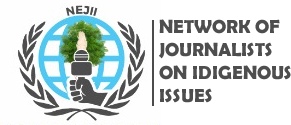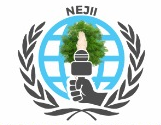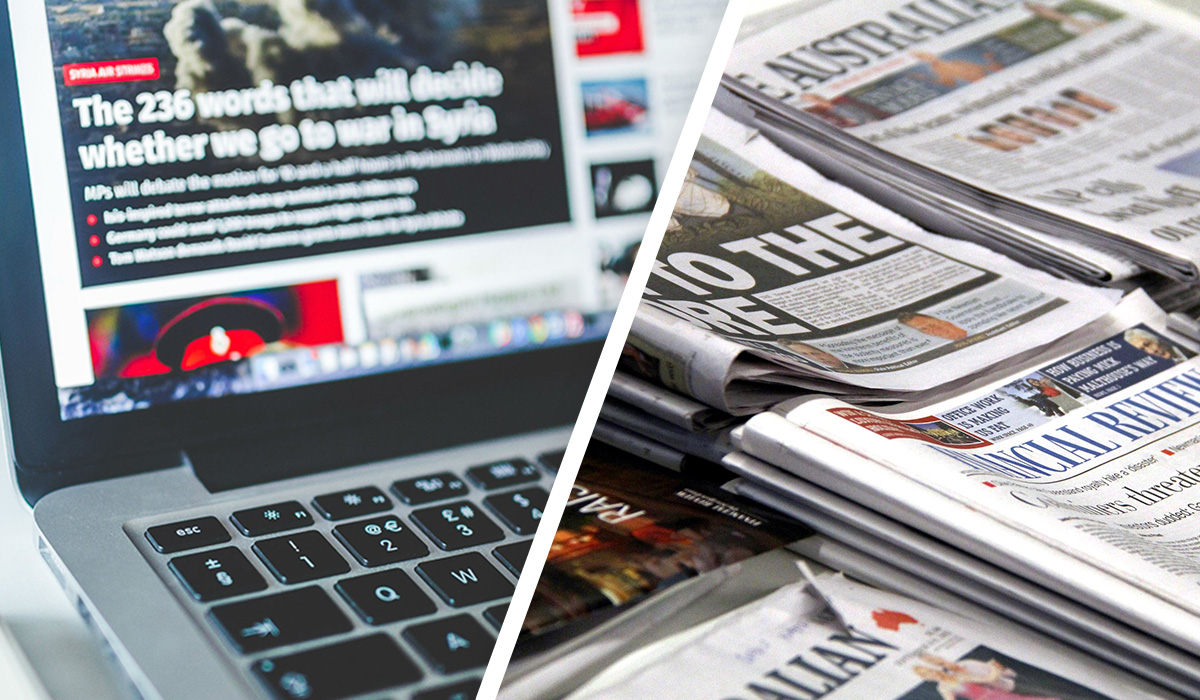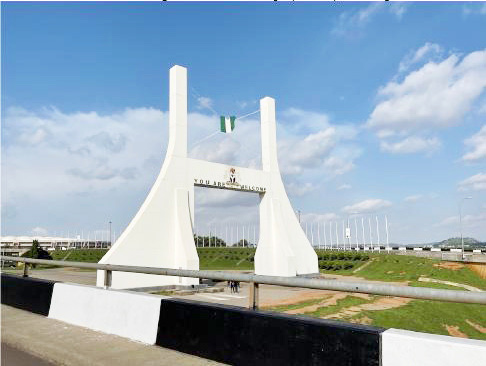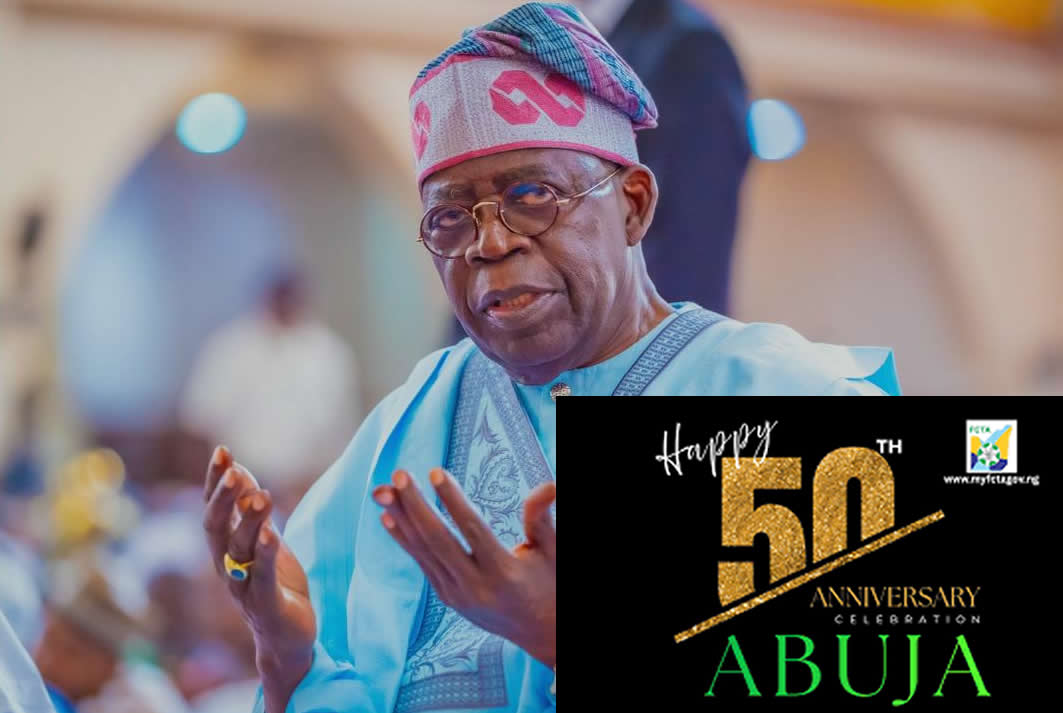The campaign, supported by the MacArthur Foundation through the Resource Centre for Human Rights and Civic Education (CHRICED), seeks to empower journalists and reshape public discourse around the historical and contemporary challenges faced by the original inhabitants of Abuja, including the Gbwari, Gwandara, Dibo, Gade, Ebira, Ganagana, Koro, and Nupe ethnic groups.
In a bold move to spotlight the plight of the Federal Capital Territory’s original inhabitants, the Network of Journalists on Indigenous Issues (NEJII) has announced the launch of a 15-month media campaign aimed at promoting the inclusion, visibility, and rights of Abuja’s indigenous communities.
The campaign, supported by the MacArthur Foundation through the Resource Centre for Human Rights and Civic Education (CHRICED), seeks to empower journalists and reshape public discourse around the historical and contemporary challenges faced by the original inhabitants of Abuja, including the Gbwari, Gwandara, Dibo, Gade, Ebira, Ganagana, Koro, and Nupe ethnic groups.
According to a statement released on Saturday and jointly signed by NEJII’s National Coordinator, Mr. Adewale Adeoye, and Programme Officer, Mr. Ologeh Joseph Chibuzor, the initiative will involve strategic media engagement, civic dialogue, and policy advocacy aimed at reversing the longstanding marginalisation and displacement of the FCT’s first settlers.
“Through media empowerment, policy engagement, and civic dialogue, NEJII will work with the media to bring the Original Inhabitants of Abuja to the center of public discourse and national development priorities. They have suffered in silence, and their voices in the valleys have not echoed enough to be heard,” the statement said.
Key components of the project include the development of a training manual for journalists, capacity-building workshops in Abuja and Lagos, the creation of educational and advocacy materials, and targeted stakeholder engagement to push for policy reforms that protect indigenous rights.
NEJII emphasised that the campaign aligns with Nigeria’s obligations under various international treaties, including the International Labour Organisation (ILO) Convention 169, which mandates the protection of the cultural, economic, and social rights of indigenous peoples.
NEIJI said, “The indigenes for long have been exposed to a variety of right violations including lack of access to the essentials of life, denial of ancestral land, deforestation, terrorist invasion coupled with economic and political marginalisation.”
The group said “Constructive media engagement is necessary to tell the stories of Abuja indigenous people within historical contexts that addresses their fears and aspirations.”
NEJII plans to organise community visits to document the lived experiences of indigenous residents, as well as initiate storytelling initiatives that will be amplified through local and national media platforms.
Speaking on the vision of the campaign, Adeoye stated, “This initiative is about giving a platform to historically silenced voices. It is also a call to action for the media and policymakers to recognize and uphold the rights and identity of Abuja’s Original Inhabitants.”
He added that indigenous inclusion should not only be seen as a human rights imperative but also as a critical component of democratic and national development.
NEJII has called on media practitioners, civil society organisations, government agencies, and the international community to support efforts aimed at justice, fair representation, and sustainable development for the indigenous peoples of Nigeria’s capital.”
Source: Sahara Reporters
